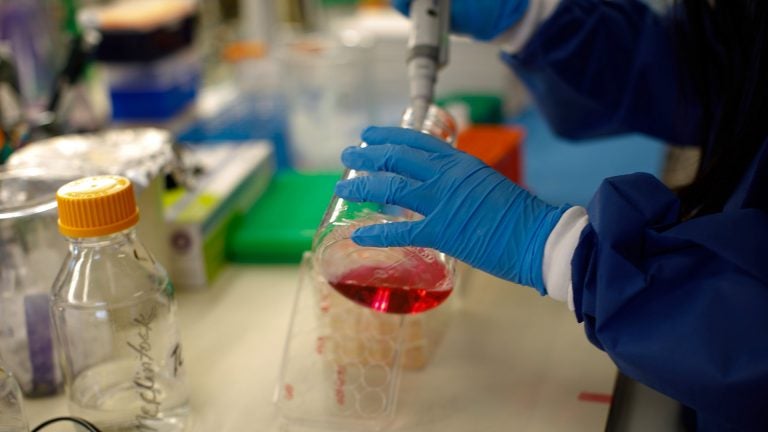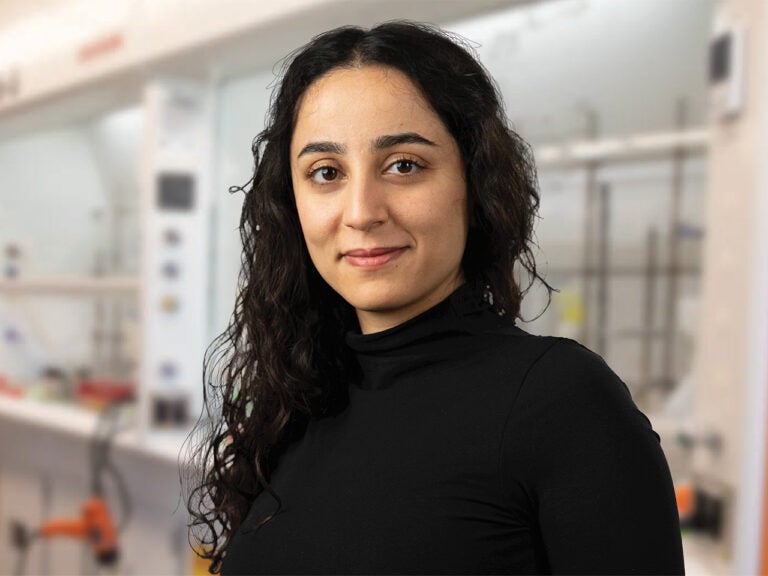
This is an excellent opportunity for outstanding scientists who have recently received their Ph.D. degree to pursue a period of independent research before taking a faculty position. Fellows direct their own research program in pursuit of their scientific vision. They have their own laboratory space and technician, as well as opportunities to grow through access to all of the resources of the Laboratory. Fellow appointments are for three years, which can be extended for an additional one or two years. Following completion of this program, Fellows are highly competitive in obtaining faculty positions, either within CSHL or at outside institutions. The central philosophy of the Fellows Program is a pure focus on research, without administrative or teaching burdens. While there is no requirement to write grants, Fellows may do so.
Mitra Javadzadeh
Sensory stimuli evoke activity in millions of neurons spread across multiple brain regions. This activity evolves over time, not only due to the constantly changing outside world, but also as a result of the internal interactions within these brain-wide networks. We aim to understand how distributed neural population dynamics are organized, and how they underlie our robust and yet flexible perception.
